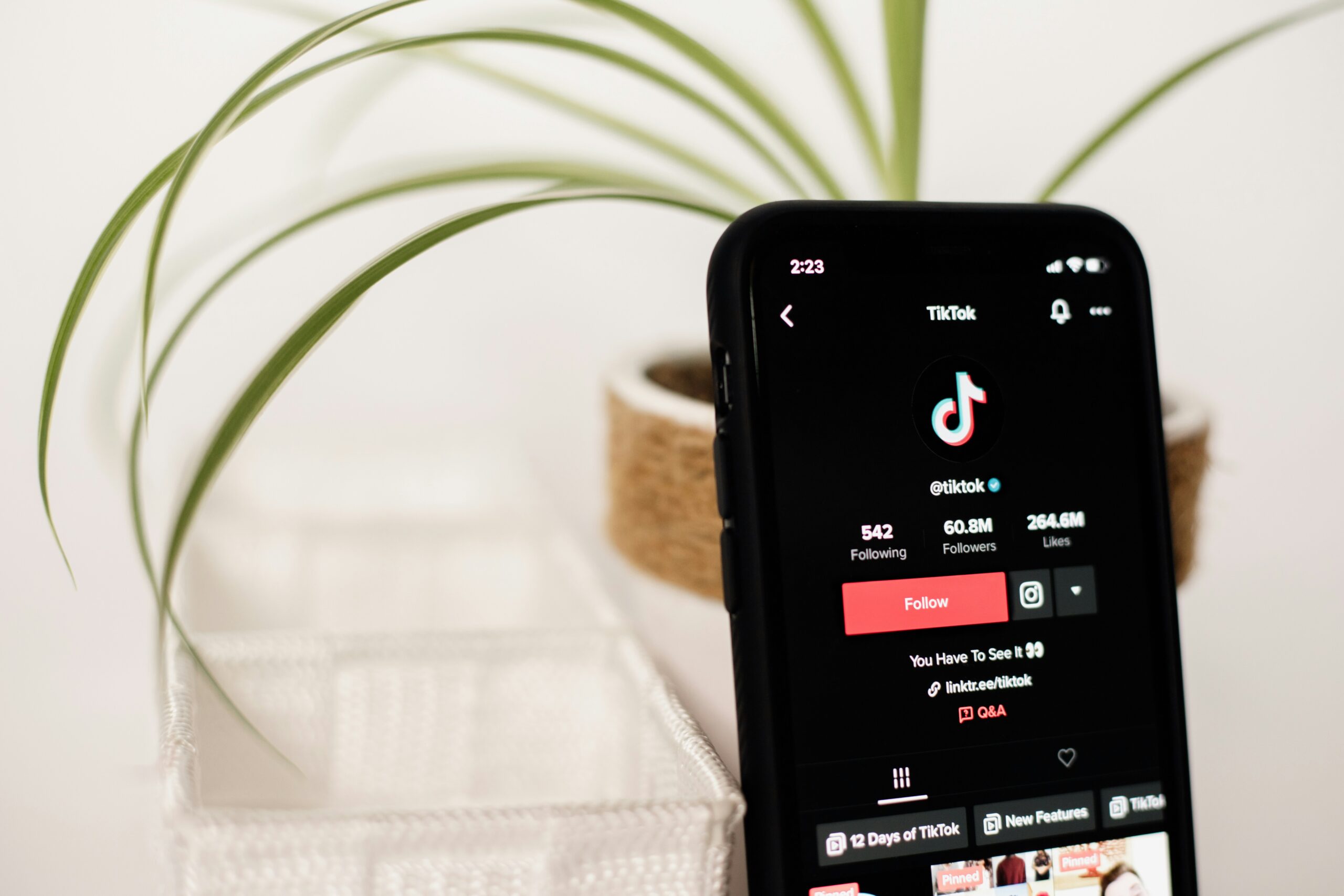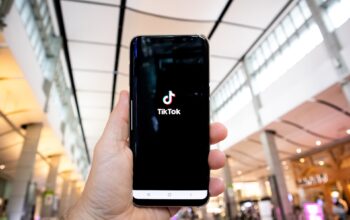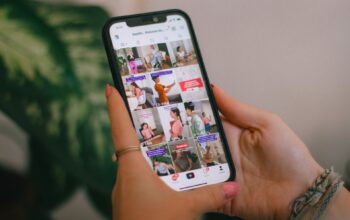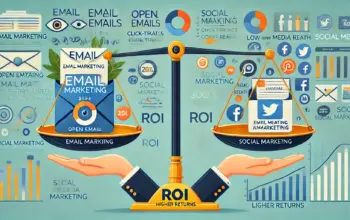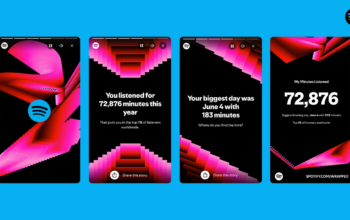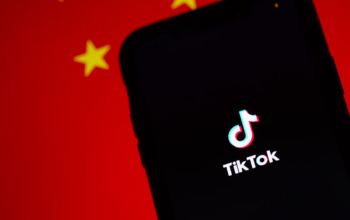Uzone.id – When we need to look for information, Google is usually our top-of-mind app. No doubt, Google has been our trusted source for information for years–more precisely since 1998.
But it’s a little bit different for Gen Z these days, the game is already changing and Google is no longer the king of information. This so-called tech-savvy generation is now turning its back on Google and slowly but surely coming towards TikTok.

“Social media has become a point of discovery for everything—for interests, for influencers, for news. But that doesn’t then mean that we’re not doing further research or having further conversations,” said Ziad Ahmed, CEO of Gen Z-focused JUV Consulting, quoted from Axios.
TikTok is not just about trends, memes, short videos, or any kind of funny stuff but more than that: as a legit search engine and as a new source of any kind of information. Why? Let’s dive into the reason why TikTok is becoming Gen Z’s favorite tool to look for information instead of Google.
First, TikTok is all about visual audio and engaging content
TikTok’s format is naturally visual and engaging. Unlike Google–which usually gives you a lot of text, TikTok delivers quick, easy-to-digest short videos. For a generation raised on smartphones and social media with a short attention span, this is super appealing. Those short videos on TikTok can load a ton of info into a short amount of time, making the learning way more enjoyable.
TikTok shares realness and relatability contents
Gen Z values authenticity and relatability, they’ll search the content they’re related to and take notes from that. On TikTok, many people share their experiences and advice through videos. Whether it’s a skincare routine, a book recommendation, makeup, or finance videos, the content feels personal and trustworthy.
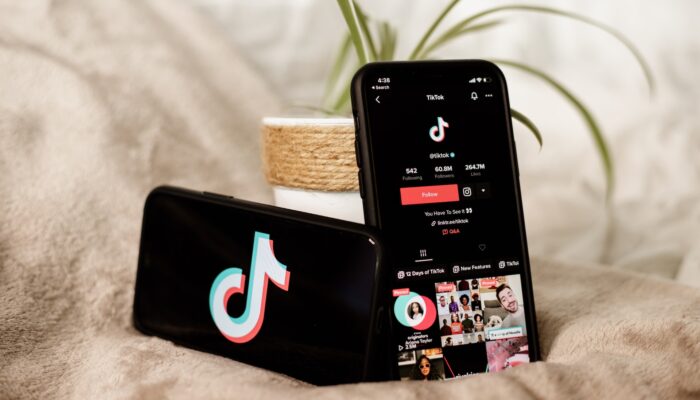
On the other hand, Google search results often lead to impersonal websites with more theoretical rather than practical advice and also advertisements, which can feel less genuine for Gen Z.
TikTok gives a room to exchange ideas
Not only gaining information but also sharing ideas. TikTok builds community by letting users engage directly with creators through comments, likes, and shares. This makes searching for info more interactive by asking questions, seeing how others use tips, sharing knowledge, discussing things, and learning together. It’s like learning as a team.
But wait, there are always cons on the other side of the story
This turnover from Google to TikTok as the source of information holds a significant impact. At the same time, the concern about misinformation is rising–and TikTok is aware of it.
The way the TikTok algorithm works can create ‘echo chambers’ where you only see content that matches the information that you already like or believe. By this condition, you might miss out on different points of view and sometimes even come across misinformation.
It’s not the only concern, since TikTok allows anyone to post without fact-checking, the reliability of the information can vary a lot. That’s why Gen Z should be more careful and do fact-checking on different sites. It’s time for Google to do its job, providing reliable information based on trusted sources. Come on Google, it’s time to shine!
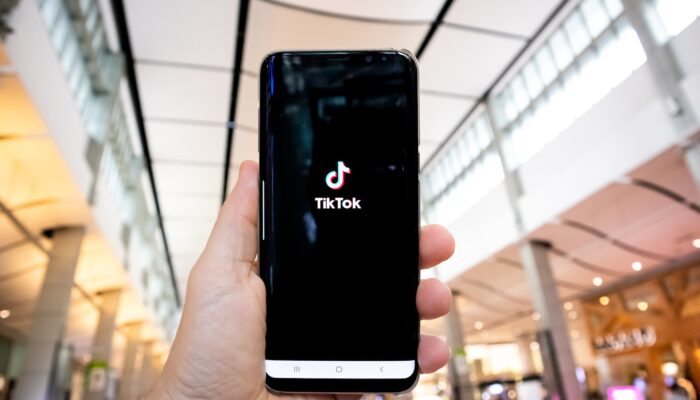
TikTok is aware of these challenges and has been working to improve the accuracy and reliability of information on its platform.
“When potential misinformation is detected, our Integrity and Authenticity moderators must determine whether it’s accurate, false, or unverifiable to apply our policies. To do so, they consult a global database of previously fact-checked claims and then route any new, evolving, or borderline claims to our Global Fact-Checking Program for independent evaluation,” said TikTok on their website.
They’ve launched features to label and fact-check content and at some points, provide links to verified sources. This is an ongoing effort but still, users need to be always critical of the content they consume on TikTok.
Little advice for young Gen Z, when you search for something on TikTok, just make sure you’re double-triple fact-checking on other sources as well. Verify information from reliable sources outside of TikTok, especially for important or controversial topics.

